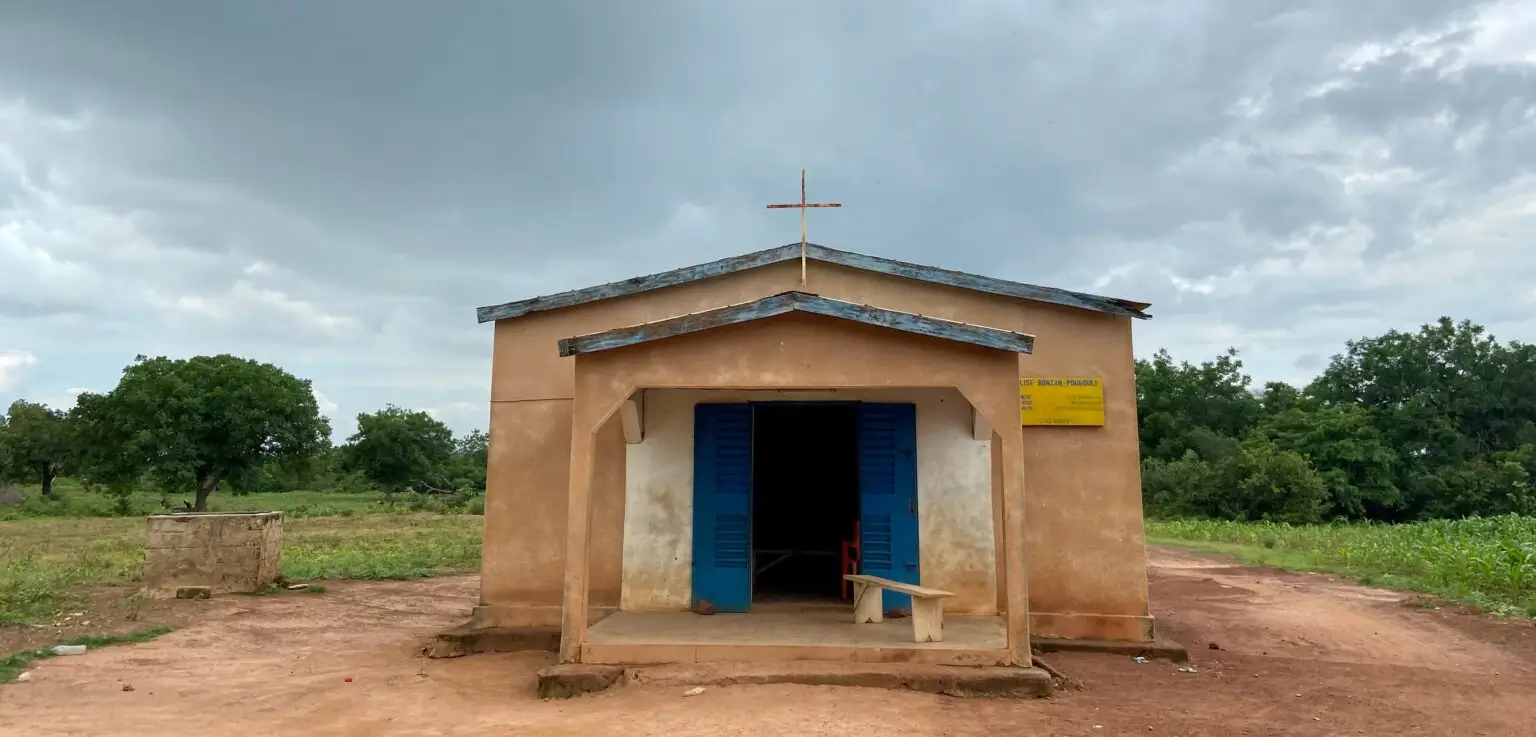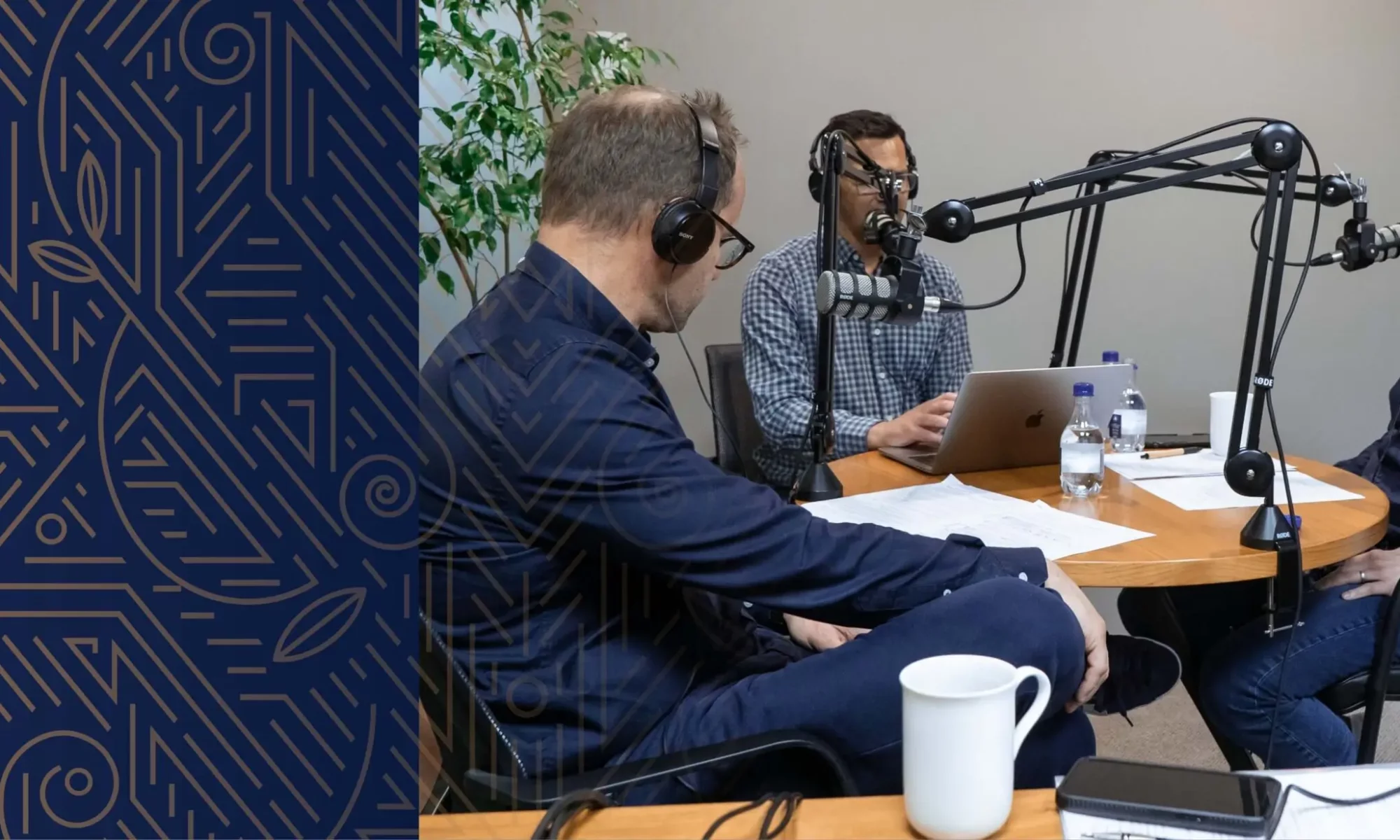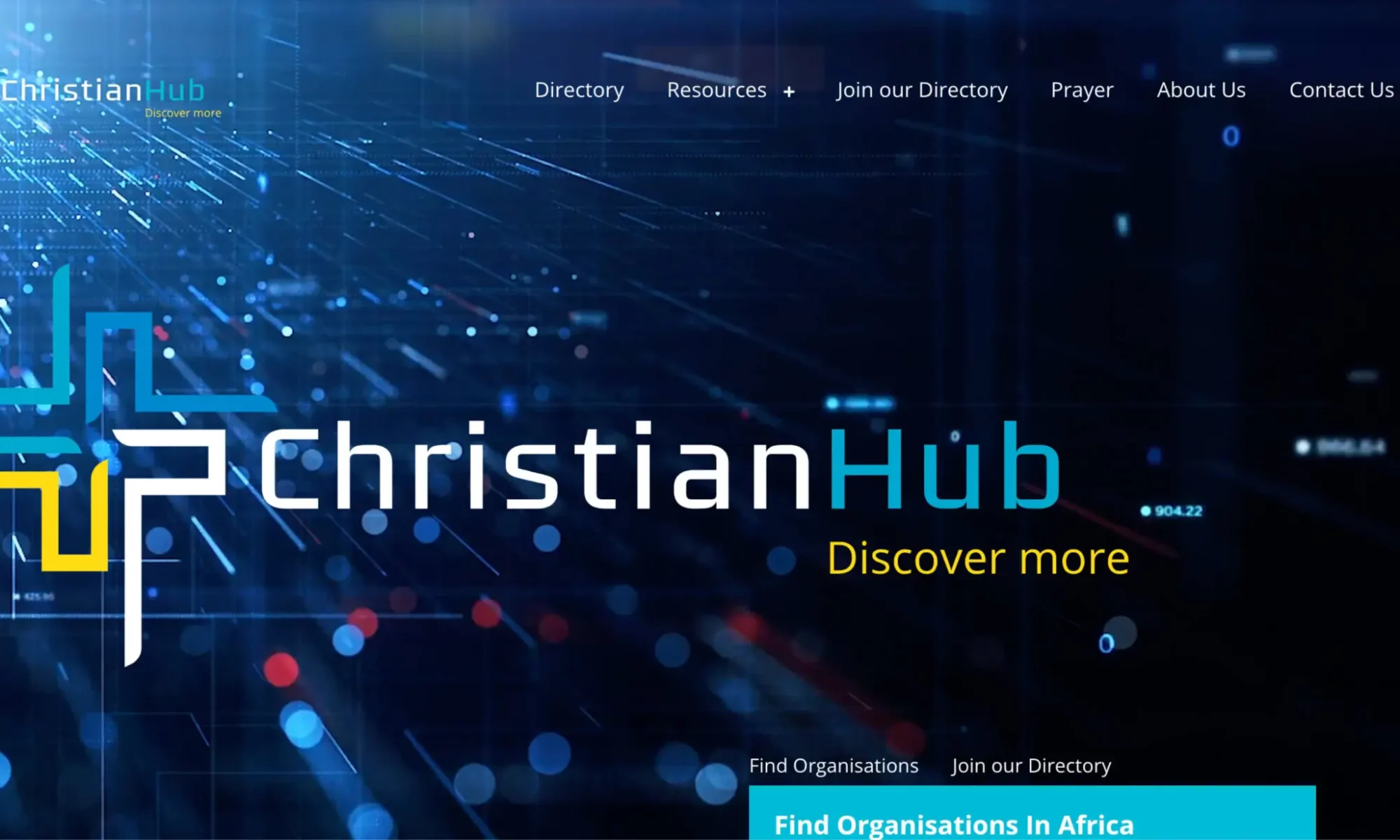‘One of the greatest legacies leaders can leave is to invest in the depth of one’s relationships with God and one another,’ says leadership coach and Mergon Foundation board member, Johan Beukes.
Over the past year, Johan has contributed a wealth of insights about in-Christ leadership and played an integral role in crafting and co-facilitating a Mergon Foundation initiative called the Healthy Leaders Journey. This curated journey allows leaders to reflect on and grow in four key relationships: with God, with self, with team/family and with the world. This blueprint empowers leaders to weave these dimensions together, contributing to their overall leadership health and well-being.
In his work, Johan has found that many believers arrive at a place where their business, leadership and life are not integrated, or experienced that way. In this guest blog post, he unpacks the basis of in-Christ leadership which proposes a life-giving, holistic and integrated approach to leadership as an alternative. He gives Christian leaders a powerful perspective on the importance of continuously pursuing Christ and leading others into their God-given potential and explores three practical ways to embrace in-Christ leadership within your organisation.
The basis of in-Christ leadership: life-giving, holistic, integrated
According to Johan, in-Christ leadership is first of all life-giving. ‘Romans 8 is considered by many believers to be the Good News of the gospel summarised in one chapter. The assumption is that the Good News is also sustainably life-giving,’ explains Johan.
‘…Those who enter into Christ’s being-here-for-us no longer have to live under a continuous, low-lying black cloud. A new power is in operation. The Spirit of life in Christ, like a strong wind, has magnificently cleared the air, freeing you from a fated lifetime of brutal tyranny at the hands of sin and death.’ Romans 8:1-2 (MSG)
‘There is therefore now no condemnation for those who are in Christ Jesus. For the law of the Spirit of life has set you free in Christ Jesus from the law of sin and death.’ Romans 8:1-2 (ESV)
‘This is the core idea of in-Christ leadership: you are in Christ which enables your leadership to be sustainably life-giving,’ he explains. ‘Leaders can however be rooted in many other things (what we seek) – things which are not necessarily life-giving. It’s good to become aware of these things and bring them before God.’
Tim Keller explains it like this:
WHAT WE SEEK | Price Willing to Pay | Greatest Nightmare | Others Often Feel | Problem Emotion |
CONTROL (self-discipline, certainty, standards) | Loneliness, spontaneity | Uncertainty, chaos | Condemned | Worry |
COMFORT (privacy, lack of stress, freedom) | Reduced productivity | Stress, demands | Hurt | Boredom |
APPROVAL (affirmation, love, relationship) | Less independence | Rejection | Smothered | Cowardice |
POWER (success, winning influence) | Being burdened, responsibility | Humiliation | Used | Anger |
Secondly, in-Christ leadership considers the holistic nature of people. Johan explains that the dimensions of life (e.g. spiritual, physical, social, emotional etc.) are understood within the context of four primary relationships:
-
- Relationship with God: shapes the spiritual and physical dimensions.
- Relationship with self: forms the emotional and mental dimensions.
- Relationship with others: forms the social dimension.
- Relationship with the world: shapes the career, financial and meaning dimensions.
Says Johan, ‘When leaders are formed holistically, in the image of Christ, we see leaders with a life-giving conscience, life-giving character, life-giving care as well as life-giving compassion.’
Thirdly, in-Christ leadership is an integrated approach to leadership. He explains:
‘The assumption is that spiritual formation is the foundation. According to Prof Marius Nel, Paul referred to believers who received the Holy Spirit as ‘spiritual’ pneumatikoi (Gal 6:1; 1 Cor 2:13-15) to indicate that they were transformed by the Spirit. Secondly, he repeatedly refers to the spiritual transformation of believers by linking various words to the Greek noun ‘morph’ which refers to the ‘form’ of something. Thus, he expects in Philippians 3:21 that the humble bodies of believers will be conformed (summorphos) to the glorified body of Jesus. God has destined believers, according to Paul, to be conformed (summorphos) to the image of his Son (Rom 8:29). They will finally be transformed (metamorphoumetha) into the image of God when they behold his glory (2 Cor 3:18). Thirdly, the idea of being spiritually formed is also expressed by Paul through concepts such as being holy and blameless (1 Thess 3:13).
Johan reiterates that this formation is not an individual matter. ‘For me, leadership formation is rooted in spiritual formation, along with others. In my in-Christ leadership work with organisations for example, when we talk about teams, we use the term ‘Beyond Teamwork’. The reason for this is that it is a community of people who are becoming more and more aware of Christ’s life-giving presence among them. His presence inspires them to witness life-changing (metanoia) impact (fruit) wherever they pray and work. The result is life-giving cultures and organisations where different departments function in a life-giving way.’
Three ways to pursue in-Christ leadership
1. Growing deeper in Christ
As a Christian leader, it is critical to remain rooted in Christ. In John 15:15 Jesus says, ‘I am the Vine and you are the branches. If you remain in Me and I in you, you will bear much fruit; apart from Me you can do nothing. If you do not remain in Me, you are like a branch that is thrown away and withers; such branches are picked up, thrown into the fire and burned. If you remain in Me and my words remain in you, ask whatever you wish, and it will be done for you. This is to my Father’s glory, that you bear much fruit, showing yourselves to be My disciples.’
Johan explains that being constantly connected to the Vine will influence your mindset, perspective and approach as you lead through various seasons and organisational life stages. ‘An in-Christ leader doesn’t simply ascribe to Christian principles or moral standards. Instead, as you grow deeper into Christ, the fruit of the Spirit will become even more evident in your life and leadership, differentiating you as a leader who reflects the nature of Jesus. As you follow Christ, your leadership and example will become an invitation for others to follow Him too,’ he notes.
‘Therefore, there is now no condemnation for those who are in Christ Jesus, because through Christ Jesus the law of the Spirit who gives life has set you free from the law of sin and death.’ Romans 8:1-2
2. Bearing the fruit of the Spirit
Johan notes that an in-Christ leader leads by example and bears the fruit of the Spirit, just as Jesus did. ‘This will never be possible in your own strength as a leader. It will be a challenging and refining process as you are faced with situations where you have to ask the Holy Spirit for strength so that His fruit can be evident in your leadership,’ he explains.
‘But the fruit of the Spirit is love, joy, peace, forbearance, kindness, goodness, faithfulness, gentleness and self-control. Against such things, there is no law.’ Galatians 5:22 (NIV)
3. Staying in touch with reality
‘In-Christ leaders understand that they are ‘in the world, but not of it’,’ says Johan. We can’t separate ourselves from what’s happening in the world, but we can decide through which lens we look at it, and how we respond to it.
‘In an ever-evolving world, it is crucial for leaders to become even more compassionate. While you as a Christian leader may know much about applying the Bible to your daily life, it is your responsibility and a wonderful opportunity to guide future leaders through their own leadership suffering in order for them to build capacity for compassion,’ he says.
‘Jesus called his disciples to him and said, ‘I have compassion for these people; they have already been with me three days and have nothing to eat. I do not want to send them away hungry, or they may collapse on the way.’ Matthew 15:32 (NIV)
In conclusion, in-Christ leadership is a transformative journey that benefits not only you as a leader but also those around you. Remaining rooted in Christ shapes your character and leadership, providing a meaningful example for your team, family, and community. Your connection to the Vine and the lens of faith through which you view the world will infuse your leadership and personal life with compassion and understanding. This has the potential to serve as a source of inspiration and guidance for those you lead, encouraging them to follow in your footsteps and embrace the life-giving essence of this holistic and integrated approach.





